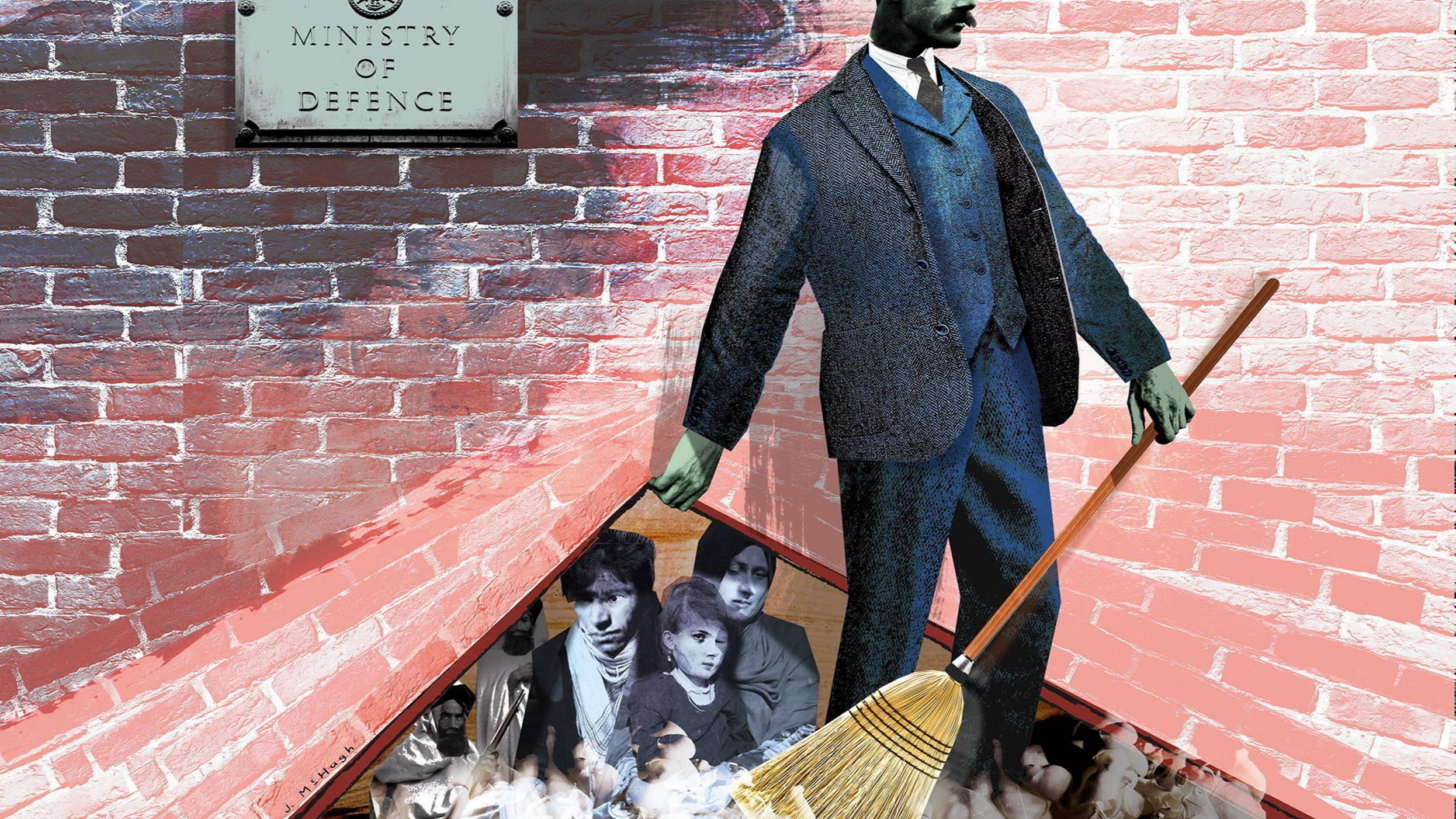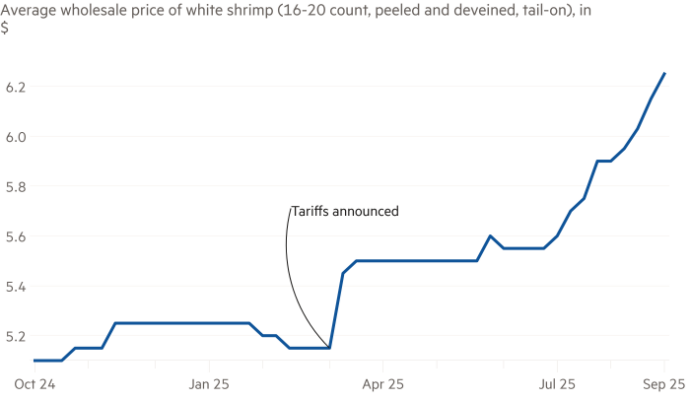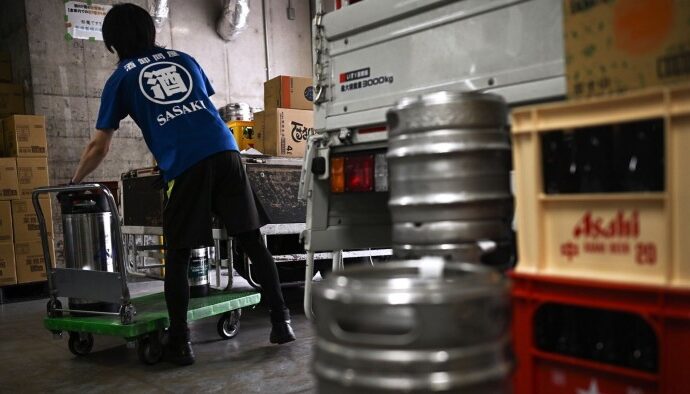
Unlock the Editor’s Digest for free
Roula Khalaf, Editor of the FT, selects her favourite stories in this weekly newsletter.
My stock response, whenever someone alleges a dastardly government plot, is that it’s almost always cock-up, not conspiracy. But the Afghanistan data leak is both. It manages to combine all that is best about Britain — our big heartedness and sense of fair play — with all that is worst. Incompetence, naivety, lack of accountability and the arrogance of the Ministry of Defence, whose “nothing to see here” shtick is familiar to anyone who has worked in government.
The poor person who thought they were sending 150 names to be verified, and accidentally sent nearly 25,000, was part of a department with a history of blunders. The MoD has had various procurement fiascos and other data leaks. During the botched evacuation from Kabul, which prioritised pets over people, millions of pounds of equipment were left behind for the Taliban after the US’s unconscionable pullout. If you thought Dad’s Army was just a television spoof, look at this department. We now know it entrusted the names of both Afghans and their supporters in the UK’s military and intelligence services to that wonder of modern science, the spreadsheet.
The initial cover-up was legitimate, to protect all of those people. But it seems to have morphed into something else — the purpose of which was to protect ministers and officials.
In parliament this week, many MPs, including veterans, spoke powerfully in favour of protecting brave Afghans. But what became clear during that debate was that we have taken in an awful lot of people, yet still failed to help some of those we owe the most. The entire Afghan relocation system is riddled with failure. This, I suspect, is part of the reason why the Conservative government continued to resist scrutiny, long after the Taliban may have got hold of the “kill list”.
One stated reason for secrecy was to avoid fuelling resentment towards refugees. Between 2021 and 2023, Afghans made up almost a third of the refugees granted protection in the UK. When hotels and old army bases were filling up, sometimes with deeply traumatised people, local unease could have been partly assuaged if it had been made public that some — those on the Afghan Relocations and Assistance Policy (Arap) scheme — had helped British troops.
Instead, the cover-up continued. Ministers may have been panicked by the number of family members arriving. Two years ago, several central and local government officials told me that the size of Afghan family groups was making it very difficult to find them places to live. Once the nine-month period of transitional accommodation lapsed, around half of the families could not find a home due to their size and their medical needs, according to the Local Government Association. The lack of detailed information about dependants makes it unnecessarily difficult to plan services — and further poisons the immigration debate. The state needs to know, more than ever, who is here.
Who was advising ministers to keep quiet? Was it the same people who had presided over previous failures, including the abandonment of Afghan interpreters going as far back as 2013? What was happening in Whitehall, during the staggering 18 months it took for ministers to be told about the data breach? Did no one notice the mistake or were they hoping it would never come to light? Why has the person who apparently threatened to release the kill list on Facebook if the MoD did not accept them and their relatives not been prosecuted? How have we ended up in a situation where more than 1,000 of those who have been resettled are planning to sue for compensation? And why is the defence secretary unable to name a single person who has been sacked over this?
This is not just an embarrassment, it is also an unfunded liability. The £6bn figure currently being quoted is more than the £5.6bn we spent on our military operations in 2009-10, at the height of the war in Afghanistan. While it is no doubt expensive to airlift people from a conflict zone, carry out security vetting and provide housing, education and healthcare, it’s not clear why the bill is quite so large.
The Arap scheme was a comprehensive resettlement scheme, set up to assist those who had worked for the British and were thought to be directly at risk. We need to know how the costs for Arap differ from that of the Afghanistan Response Route, set up to evacuate people who were not eligible for Arap — and about the judgments that were made.
It is difficult to trust anyone involved with this farrago. I sympathise with current ministers who were landed with this and chose, I assume, to protect potentially vulnerable people rather than score a political point against their predecessors. But they are now also culpable and must explain why they expanded the schemes.
MPs of all parties are bonding together in their efforts to get to the truth. This week’s debate was one of the most sober, collegiate yet forensic I have seen. But the two main parties know who will benefit: those who argue that the establishment is corrupt, that we are run by a undifferentiated “uniparty”.
“Don’t tell him, Pike!” says Captain Mainwaring in the most famous scene in Dad’s Army, when the German U-boat captain asks his name. Fifty years on, that sitcom has just been replicated in real life. And the joke is on all of us.


